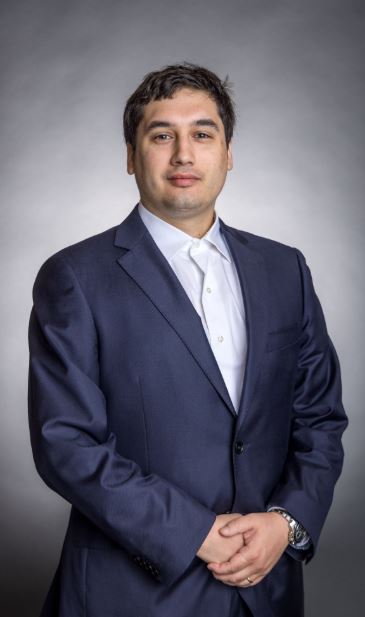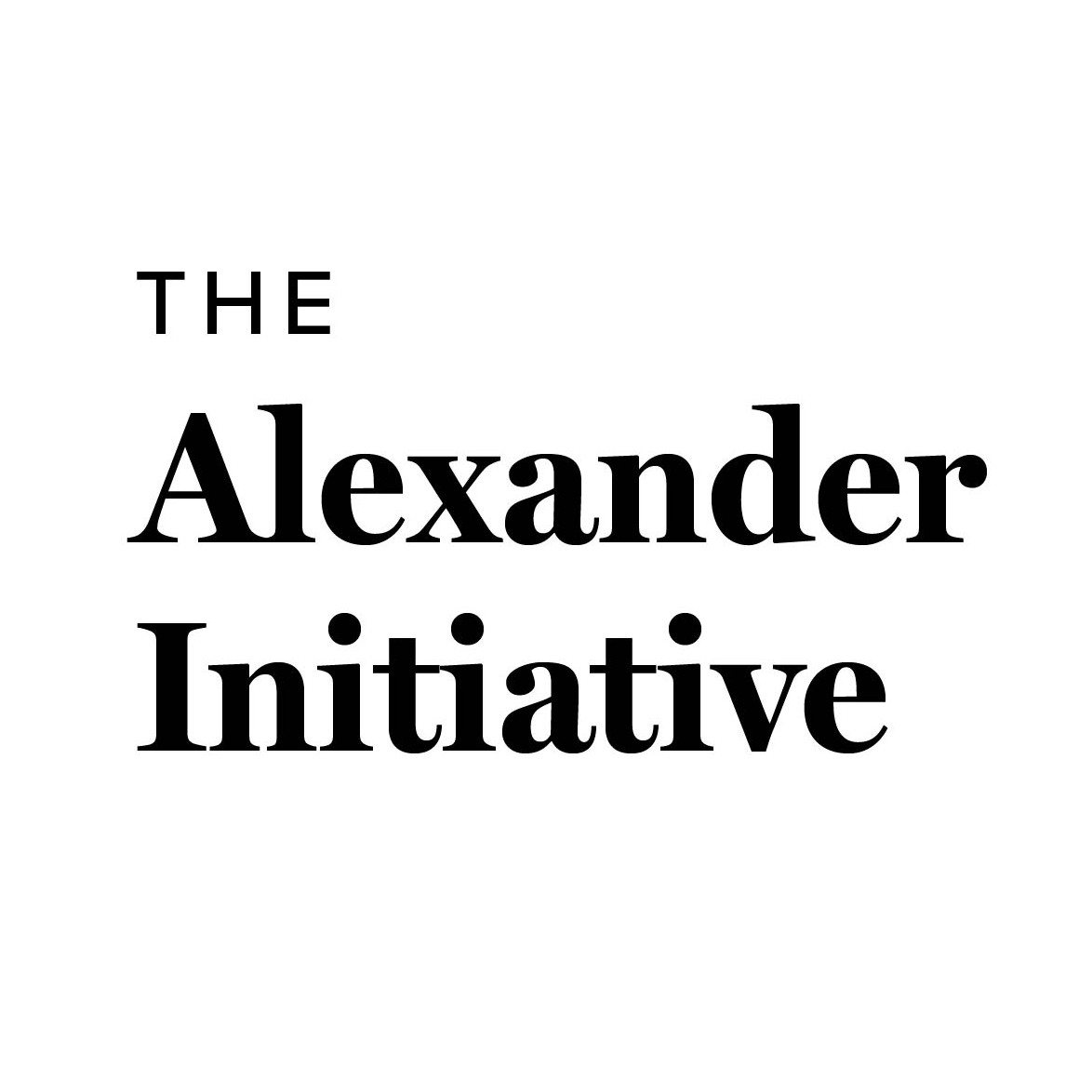
Rapid technological innovation continues to demand specialized training for workers, meaning that higher education plays an increasingly important role in supporting the development of local labor markets. For Matias Fresard—a fourth-year Ph.D. student in education policy and leadership at Vanderbilt Peabody College of education and human development—this issue is especially salient in his home country, Chile, where nearly half the population lives in the capital. To better understand what the population distribution means for access to post-secondary education and its economic effects, Fresard’s dissertation research examines labor market outcomes for technical higher education graduates across the country.
“Forty-five percent of the population lives in Santiago de Chile, so post-secondary options in the rest of the country are more limited. This issue compounds existing barriers to post-secondary access and hinders the ability of other regions to develop their local economies, which further exacerbates income inequalities and disparities in the quality of secondary education,” Fresard said.
This project will examine the geographical disparities in the higher education system and the establishment of new technical higher education campuses to estimate the effect of technical-professional higher education on graduates’ outcomes in the labor market. A few of Chile’s larger technical higher education institutions have made modest expansions into less populated regions.
By analyzing individual-level data on all 12th-grade high school students who graduated from 2007 to 2016 across all regions of Chile, the project will assess the labor market outcomes of attending a post-secondary technical education program. Fresard will estimate wages immediately following post-secondary graduation and five years after graduation to explore how technical and professional secondary education affects labor outcomes across regions. These estimates will offer insight into the geographical variation on the economic returns of post-secondary education.
Fresard hypothesizes that the evidence will demonstrate a need for Chile to increase college access in less populated regions so that industries can more rapidly expand; otherwise, residents in less populated regions may not see the value in enrolling in technical and professional higher education.
Doctoral study at Peabody
Pursuing his Ph.D. at Peabody has empowered Fresard’s growth as a scholar. “I’ve gotten to know professors who have shown me how to tell a story with research and to pursue projects that are academically interesting and informative for policy and practice. I’ve also learned new research methods and perspectives from a cohort of faculty and students who are very supportive,” Fresard said.
Felipe Barrera-Osorio, associate professor of public policy, education and economics and Fresard’s thesis advisor, encouraged Fresard through the process of requesting access to individual-level student data from the Chilean government and helps Fresard think about complex issues related to the economics of education.
Fresard expects to graduate in May 2026. As he continues his doctoral studies, he remains passionate about using rigorous research to inform policies at the intersection of economics and education.
